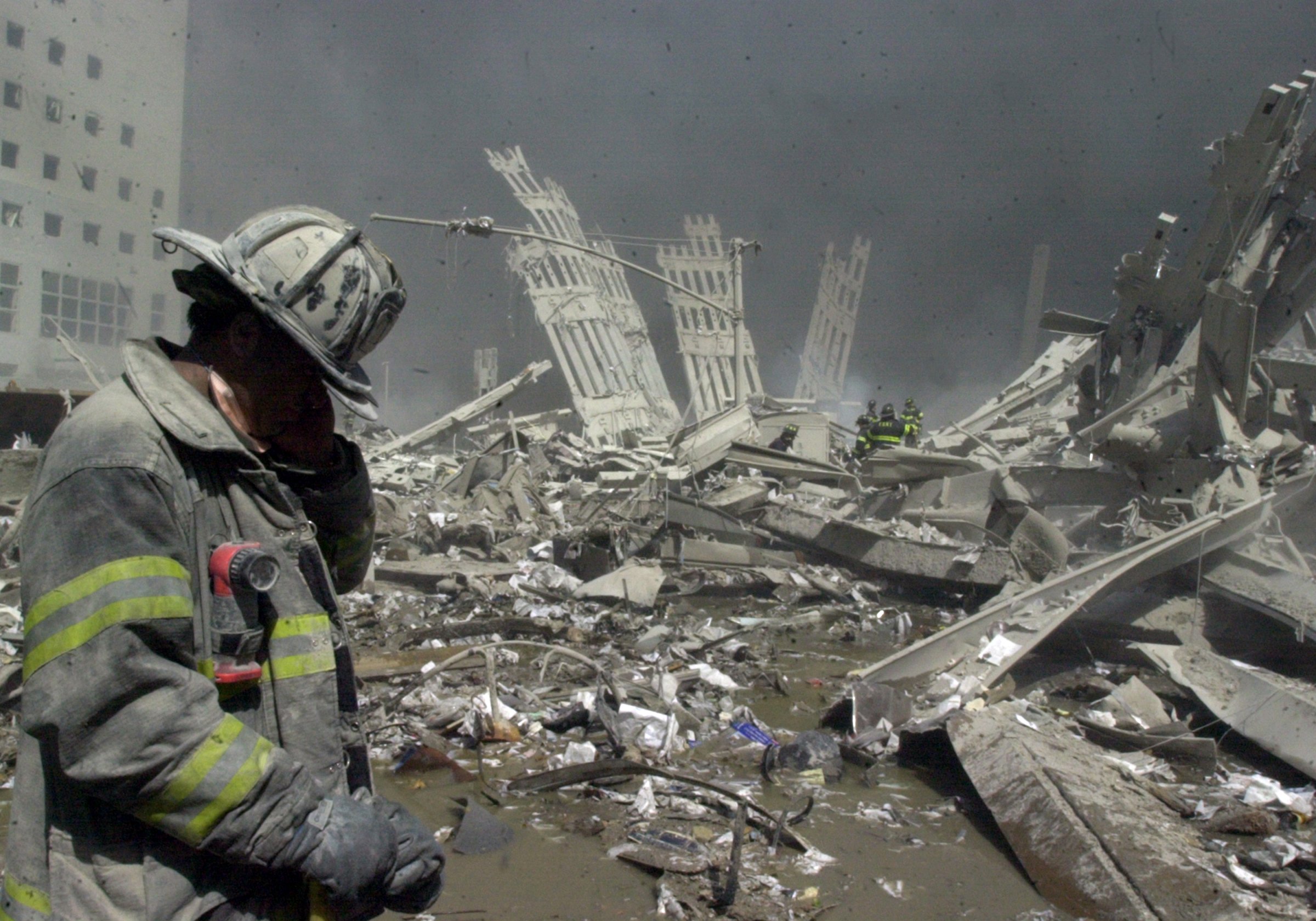
It’s been more than a decade since the attacks of 9/11, but many of the first emergency workers to arrive at the World Trade Center site continue to feel health effects. Nearly 17% of emergency medical service (EMS) workers who responded to the 9/11 terrorist attacks display symptoms of depression and 7% show signs of Post-Traumatic Stress Disorder (PTSD), according to a new study in the journal Occupational & Environmental Medicine.
“Our findings are part of a pattern of adverse health outcomes found among those who were exposed to the disaster,” said study author Mayris Webber, a health official at the New York City Fire Department, in an email. “We highlight the importance of continued medical monitoring and treatment of FDNY EMS workers, and indeed, of other responders and individuals who were affected by the [World Trade Center] disaster.”
Read More: Why 40% of Americans Misremember Their 9/11 Experience
The study, conducted by researchers for the New York Fire Department, evaluated the health of nearly 2,300 New York City Fire Department EMS workers over a 12-year period. In addition to depression and PTSD, EMS workers experienced a number of conditions that affected their physical health including 12% who experienced acid reflux disease and 3% who experienced cancer. And the earlier a medical worker responded, the greater his or her risk for medical conditions.
The study adds to a body of research that has found long-term health effects on police officers and firefighters who responded to 9/11, but it’s the first research to look specifically at EMS workers, whose primary responsibility is to provide medical care. Because of the difference between the roles of EMS workers and police officers and firefighters, EMS workers tend to be at lower risk of health conditions than EMS workers, researchers said.
The findings suggests that 9/11 responders still need to be monitored to protect their health, researchers said. The New York City Fire Department plans to do just that.
“At the Fire Department, in addition to providing treatment, we will continue our efforts to identify emerging health conditions and to identify individuals who are at high risk for developing these conditions,” said Webber.
More Must-Reads From TIME
- The 100 Most Influential People of 2024
- The Revolution of Yulia Navalnaya
- 6 Compliments That Land Every Time
- What's the Deal With the Bitcoin Halving?
- If You're Dating Right Now , You're Brave: Column
- The AI That Could Heal a Divided Internet
- Fallout Is a Brilliant Model for the Future of Video Game Adaptations
- Want Weekly Recs on What to Watch, Read, and More? Sign Up for Worth Your Time
Write to Justin Worland at justin.worland@time.com